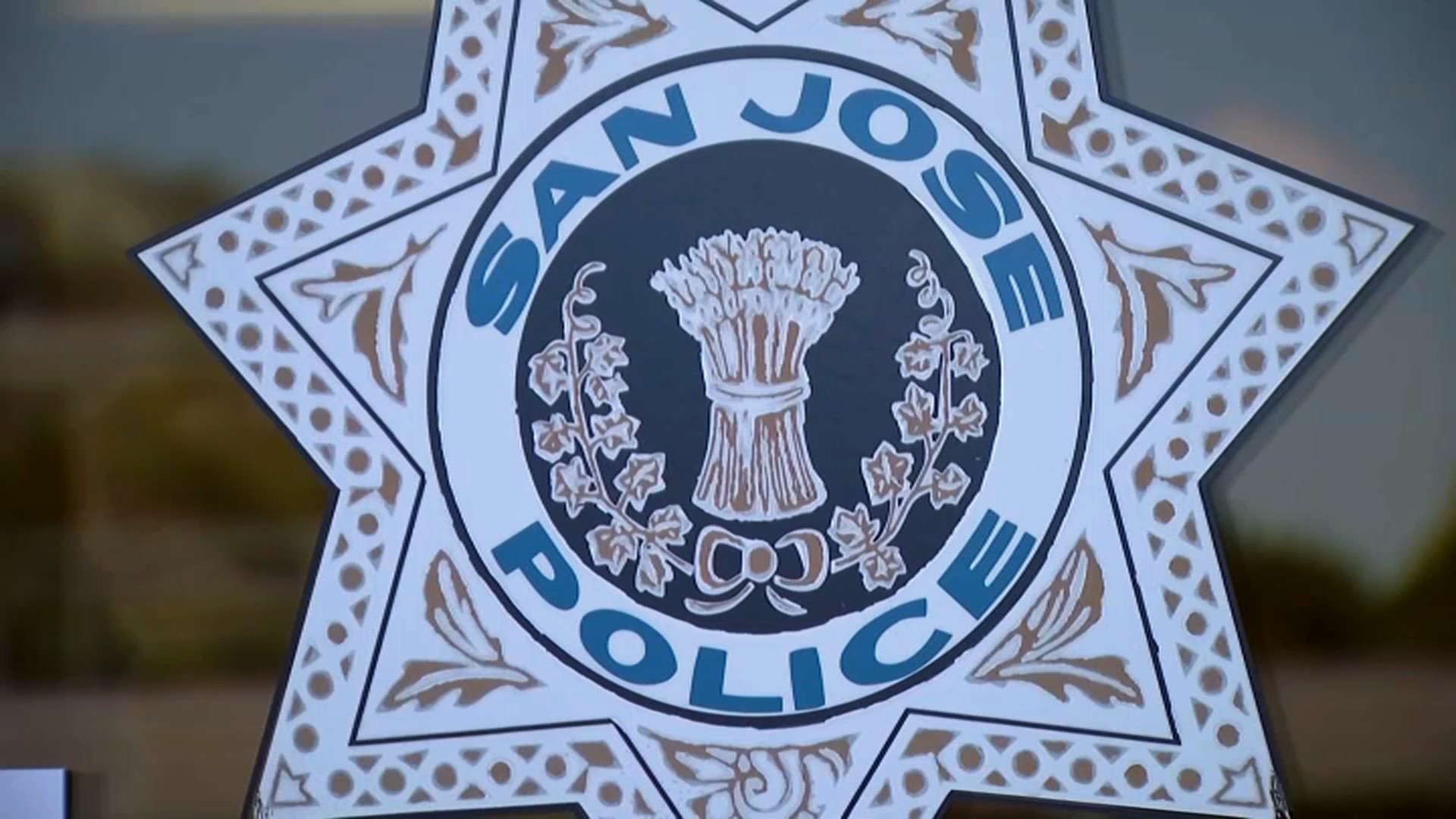San Francisco’s City Attorney will now be able to file civil cases against repeat graffiti taggers, leveling fines of up to $500 per tag. Joe Rosato Jr. reports.
William Bowden spread his watchful gaze across the typical frantic happenings on Geary and Larkin Streets in San Francisco’s edgy Tenderloin. Suddenly his glance shot to a gray wall colored in a newly painted scroll of graffiti.
“They come back every day and tag it again,” Bowden said shaking his head.
The battle for blank walls in the neighborhood has become a daily tug-a-war of paint, Bowden said. As a morning ritual, shop owners and landlords paint over the newly etched graffiti. Every night the taggers come back.
“Some of these tags have been put up and taken down again two or three hundred times,” Bowden said. “It’s the beginnings of a slum, especially when you see a lot of tagging that’s left - not cleaned up.”
San Francisco city officials said graffiti clean-up cost the city and private businesses $20 million a year. In 2013, police made 213 graffiti-related arrests. A paltry few made it to prosecution.
San Francisco Supervisor London Breed said graffiti cases are difficult to prosecute, even with surveillance video. She added they require a lot of district attorney resources.
“There has to be accountability,” Breed said. “When you break the law there has to be consequences for it.”
On Tuesday, Breed unveiled legislation that would empower San Francisco’s City Attorney to file civil cases against repeat graffiti taggers, leveling fines of up to $500 per tag. She said the threat to the wallet, might send a stronger message than the threat of jail time or community service.
“It’ll give us the ability to build a solid case in order to hold people accountable for restitution,” Breed said.
Breed said police would begin cataloging photos of graffiti tags into a data base, with the aim of identifying repeat taggers. Police department data showed 90 percent of tags in the city were committed by the same people.
“This would identify the worst prolific graffiti vandals and hold them accountable for collective acts of graffiti vandalism," said San Francisco Police Officer Martin Ferreira, who leads the department’s graffiti unit.
Breed's legislation would also make it illegal for anyone to bring spray paint cans or graffiti paraphernalia into city parks. Convicted taggers would also be banned from bringing those materials onto Muni vehicles.
Local
But some worried stiff fines might unfairly target people who are already suffering economic disadvantages.
“If you ask the parents to pay a big bill,” said Darnell Boyd. “That’s going to be hard because those kids are low-income kids.”
Bolden said most of the majority of taggers he’s seen in the act are actually adults.
He shrugged as he pointed out walls thick with layers of gray paint from repeat touch-up jobs. Nothing, he said, seemed to stop the taggers.
He wasn’t sure if Breed’s legislation was the answer. But after studying a long jagged scrawl in mysterious letters, he paused.
“For any benefit,” he said. “It’s worth a try.”



